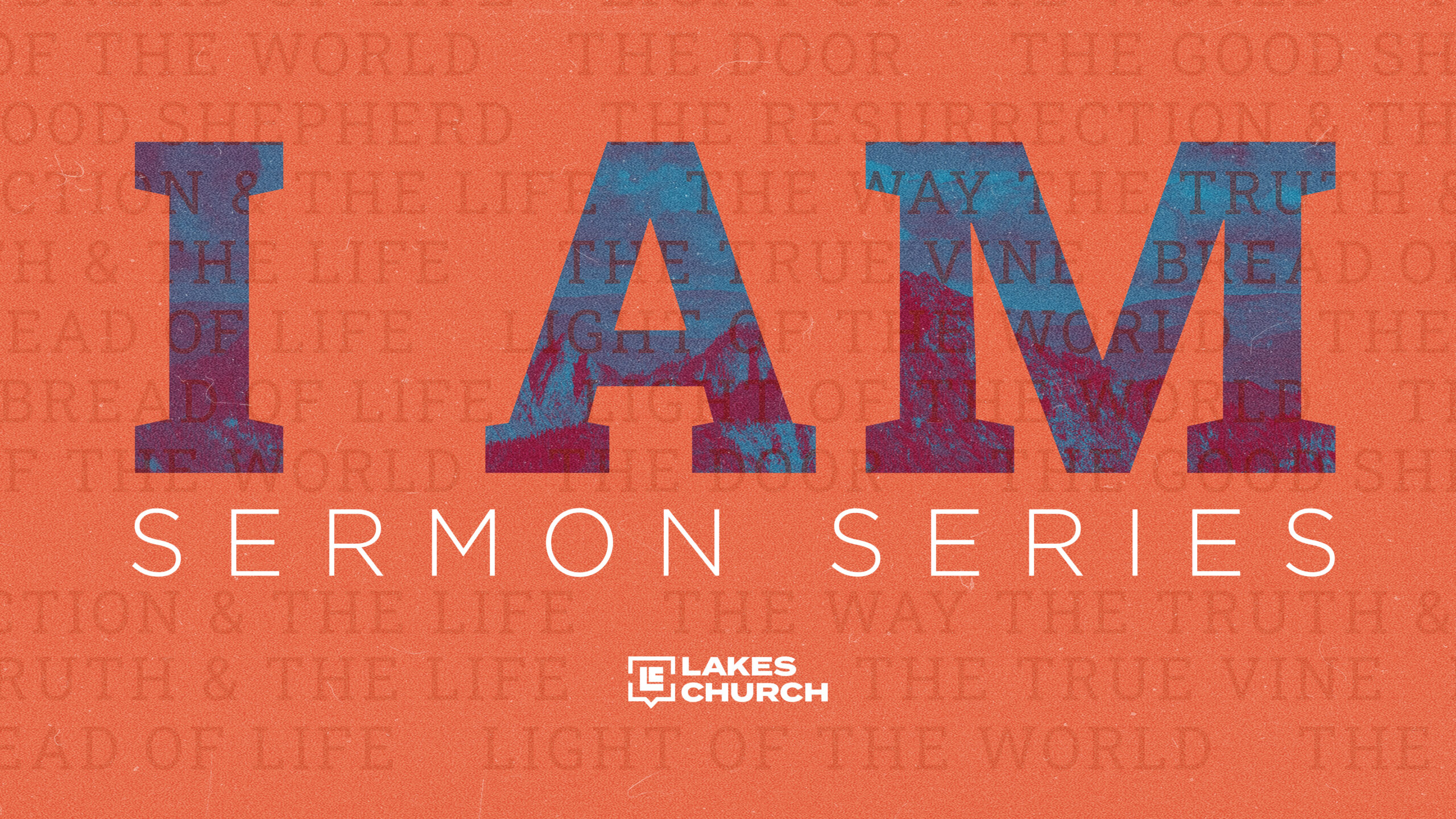In a world where disappointment and betrayal seem all too common, it’s easy to become cynical about trust and hope. We’ve all experienced letdowns from friends, family, or colleagues at some point. So when we read Jesus’ words in John 14, “Let not your hearts be troubled,” it might initially sound like an impossible ask. How can we not be troubled when the world around us often feels chaotic and unreliable?
This is precisely why John 14 is such a powerful and timely chapter for us today. Set against the backdrop of the previous chapter in John 13 of the Last Supper. It offers us a glimpse into one of Jesus’ final teachings to His disciples before His crucifixion. In this moment of high tension and impending crisis, Jesus provides a roadmap for finding unshakeable trust and hope – not in fallible humans or unstable circumstances, but in Him alone.
Let’s dive deeper into the context, message, and implications of this crucial chapter.
THE SETTING: A NIGHT OF TENSION
To fully appreciate John 14, we need to understand its context and the chapter before. The chapter opens immediately after the Last Supper, an evening fraught with tension and foreboding. Just moments before, the disciples had been arguing over seating arrangements, revealing their all-too-human concerns with status and position. This petty squabbling stands in stark contrast to Jesus’ actions described in John 13:3-4, where He humbles Himself to wash the disciples’ feet.
This act of servanthood beautifully illustrates Jesus’ mission and character. As Matthew 20:28 reminds us, “the Son of Man came not to be served but to serve, and to give his life as a ransom for many.” Similarly, Philippians 2:6-7 emphasizes Christ’s willingness to set aside His divine status and take on “the form of a servant.” These passages highlight the central theme of Jesus’ ministry: His sacrificial love and service to humanity.
The mood darkens further when Jesus announces that one of the disciples will betray Him (John 13:21). This shocking revelation, coupled with Jesus’ statement that He will be leaving them soon (John 13:33), throws the disciples into confusion and distress. Peter’s bold claim that he would lay down his life for Jesus, followed by Christ’s prediction of Peter’s denial (John 13:36-38), only adds to the sense of impending doom.
It’s against this backdrop of uncertainty, fear, and broken trust that Jesus begins His discourse in John 14, offering words of comfort and challenge to His troubled followers – and to us.
TRUST IN CHRIST ALONE
Jesus opens chapter 14 with a powerful exhortation: “Let not your hearts be troubled. Believe in God; believe also in me” (John 14:1). This statement sets the tone for the entire chapter and, indeed, for the Christian life as a whole. In the face of their collective anxiety, Jesus directs His disciples to place their trust not in their own abilities or in each other, but in Him.
This call to trust is particularly poignant given the context. The disciples have just witnessed their own failures and shortcomings – their petty arguments, their inability to understand Jesus’ mission, and their impending betrayals and denials. Jesus’ words remind us that the answer to hurt and broken trust is not to withdraw or become cynical, but to redirect our trust to the only One who will never fail us: Christ Himself.
This teaching has profound implications for how we view the church and our relationships with others. The Christian community is not a gathering of perfect individuals, but of flawed people who collectively place their trust in a perfect Savior. This shared faith in Christ becomes the unifying factor that transcends human weaknesses and failures.
When we’re let down by others or even by ourselves, we’re reminded that our ultimate trust is not in fallible humans, but in the infallible Christ. This doesn’t mean we stop trusting others entirely, but it does mean that our core trust and identity are rooted in something – Someone – far more stable and reliable.
HOPE IN CHRIST ALONE
Building on the foundation of trust, Jesus then offers His disciples a powerful source of hope. In John 14:2-3, He says, “In my Father’s house are many rooms. If it were not so, would I have told you that I go to prepare a place for you? And if I go and prepare a place for you, I will come again and will take you to myself, that where I am you may be also.”
This promise reorients the disciples’ (and our) perspective from earthly concerns to eternal realities. The “place” Jesus is preparing is not of this world but in the Father’s house. This imagery evokes the idea of home – a place of love, care, acceptance, peace, and communion with loved ones.
The poignancy of this promise is amplified when we consider Jesus’ earthly experience. During His ministry, Jesus had no permanent home. He was even denied a place at birth, with “no room in the inn.” Yet, He promises His followers a permanent place in God’s house, where they will never be rejected.
This hope in an eternal home with Christ serves as an anchor for believers, providing comfort and perspective in the face of earthly trials and disappointments. When we feel out of place in this world, when we experience rejection or loneliness, we can take comfort in knowing that we have a permanent home being prepared for us – a place where we are fully known, fully loved, and fully accepted.
CHRIST IS THE ONLY WAY HOME
Having established the importance of trust and hope in Him, Jesus makes one of the most profound and controversial claims in all of Scripture. In John 14:6, He declares, “I am the way, and the truth, and the life. No one comes to the Father except through me.”
This statement is exclusive in nature, asserting that Christ is not merely a way to God, but the only way. It challenges the disciples’ (and our) tendency to rely on our own efforts or to seek alternative paths to spiritual fulfillment.
The exclusivity of this claim runs counter to many contemporary views. It is not inclusive in the sense that everyone will automatically find their way to God. Nor is it pluralistic, suggesting that all religious systems are equally valid paths to the divine. Instead, it places Jesus at the center of humanity’s relationship with God.
This exclusivity is further emphasized in Matthew 16:13-16, where Jesus asks His disciples about His identity. Peter’s confession, “You are the Christ, the Son of the living God,” underscores the unique role of Jesus in God’s plan of salvation.
The challenge, then, for every believer is to honestly assess: Do we truly trust in Christ alone? Or do we, like the disciples, fall into patterns of self-reliance, self-righteousness, or seeking fulfillment apart from Christ? Do we, like James and John, think we deserve more? Or like Peter, believe we’re “the real deal”? Or like Judas, think we can find true happiness apart from Christ?
These are uncomfortable questions, but they’re essential for authentic faith. John 14 calls us to a radical trust and hope in Christ that supersedes all other allegiances and sources of security.
RESPONDING TO CHRIST’S CALL
The teachings in John 14 call for a response from us. How do we navigate the realities of rejection, betrayal, and pain that are part of the human experience? How did Jesus Himself make it through these trials?
The author of Hebrews provides guidance: “Looking to Jesus, the founder and perfecter of our faith, who for the joy that was set before him endured the cross, despising the shame, and is seated at the right hand of the throne of God” (Hebrews 12:2).
This verse encourages us to follow Christ’s example. Jesus endured the ultimate rejection and betrayal, yet He persevered because of the joy set before Him – the joy of fulfilling the Father’s will and securing salvation for humanity. As followers of Christ, we’re called to adopt this eternal perspective, finding strength and purpose in our relationship with Him, even in the midst of trials.
Furthermore, 1 Peter 5:7 invites us to “cast all your anxieties on him, because he cares for you.” This reminder of God’s personal care for each believer provides comfort and encouragement. It assures us that when we place our trust in Christ, we’re not trusting in a distant, uncaring deity, but in a loving Savior who is intimately concerned with our well-being.
PRACTICAL APPLICATIONS
So how do we live out the truths of John 14 in our daily lives? Here are a few practical suggestions:
- Regularly remind yourself of Christ’s trustworthiness. When you’re tempted to put your ultimate trust in people or circumstances, intentionally redirect your trust to Christ.
- Cultivate an eternal perspective. When earthly disappointments come (and they will), remember the home Christ is preparing for you.
- Examine your heart. Regularly ask yourself if you’re truly trusting in Christ alone, or if you’re seeking fulfillment and security elsewhere.
- Practice casting your anxieties on Christ. Make it a habit to bring your worries and fears to Him in prayer.
- Look to Jesus in times of trial. When facing rejection or pain, remember Christ’s example and the joy that sustained Him.
CONCLUSION
John 14 presents a powerful message of trust, hope, and the centrality of Christ in the Christian faith. Set against the backdrop of the Last Supper and Jesus’ impending crucifixion, this chapter offers timeless truths that continue to resonate with believers today.
The call to trust in Christ alone challenges us to look beyond our own abilities and the fallibilities of others, anchoring our faith in the only One who will never fail us. The promise of a prepared place in the Father’s house gives us hope that transcends our earthly circumstances, reminding us of our true home and ultimate destiny.
Jesus’ exclusive claim to be the way, the truth, and the life confronts us with the core of the gospel message. It demands a response, asking us to examine our hearts and consider where we truly place our trust and hope.
As we grapple with the realities of life – its joys and sorrows, its triumphs and disappointments – John 14 invites us to center our lives on Christ. It encourages us to trust Him completely, hope in His promises, and follow His way. In doing so, we find not only comfort for our troubled hearts but also purpose, direction, and the assurance of God’s unfailing love.
In a world of uncertainty and broken trust, the message of John 14 remains as relevant and transformative as ever. It calls us to a faith that is deeply personal yet universally significant, grounded in the person and work of Jesus Christ. As we embrace this truth, we find the strength to navigate life’s challenges, the hope to persevere in difficult times, and the joy of a relationship with the living God.
May we, like the disciples, learn to place our trust and hope fully in Christ, finding in Him the peace and security our hearts long for.



